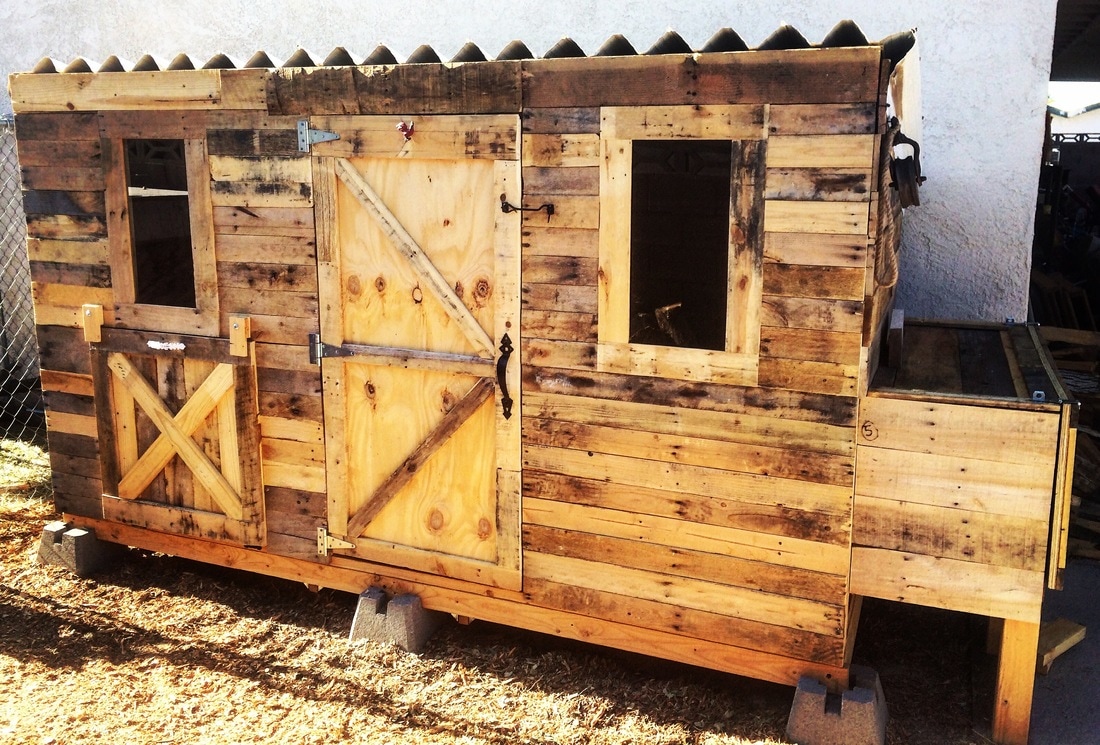
selling items and completing quests is the obvious route to accumulate wealth in Outward, and this cyclic system of quest, sell, and then buy what you no longer need is par for the course, all the while managing your inventory space to make sure you have enough space in which to keep it all. Traders are happy enough to sell you gear, but first you need silver and acquiring it is the problem. Yes there are simple quests that might involve you delving into dungeons or delivering something from point A to B, but in order to complete these tasks you need to ensure you are up to the job, and this involves making sure you have the right gear going in. Finding gear to increase your offensive and defensive capabilities becomes a main driving factor for much of Outward. Instead, powering up your character can be done by gear bought, scavenged or crafted as you adventure out. Outward doesn’t contain an experience system to make your character stronger. Why worry when you know you are going to wake up no worse for wear somewhere else?

This too feels a little odd, as the battle to gain items is then outweighed by the knowledge that you won’t lose them upon death, which made me a little reckless in some of my choices earlier on.
#OUTWARD COOP FULL#
Outward is forgiving in that when you awake from defeat you still have your backpack full of items that you have gained, whether you wake up on a hillside having been helped by a mysterious stranger or imprisoned in a bandit camp. This is fine if you and the enemies you faced were evenly matched, but the vast majority of your encounters are against enemies that are better equipped or just downright stronger than you are, meaning defeat is only ever a few swings away.

Skirmishes become a lesson in blocking and waiting for your chance to strike, managing the chance of success against an ever decreasing stamina bar, which means combat descends into a waiting game between you and your opponent. You can lock on to enemies, block, dodge and attack with any weapons you have equipped or magic you may have learned along the way (providing you have ventured out and learned it). Most of the early encounters are with underground enemies that don’t take much in the way of strategy to best, but outside of these early quests enemies in Outward are tough.Īvoiding the obvious such as being surrounded or attacking when your stamina is low is crucial, as the systems that Outward has in place feel so outdated and clunky that they quickly become an annoyance. Combat is quite sluggish and a bit of a chore, and it quickly became something that I actively avoided.

So, with money as your motivation to get your neighbours off your back, you venture off into the wilds to try to get yourself sorted out and your adventure begins.Īs with most games in this genre you aren’t exactly a tough and ready adventurer when you start out, and most encounters are best avoided until you are fairly certain you can come out on top. The blood debt has incurred the four months interest, and you need to pay. Having woken up from a shipwreck, after a journey that had you away from your village for four months, you return to find that your neighbours aren’t too happy you went away in the first place.

Outward has you adventuring out to pay a blood debt incurred by your grandmother. It’s not the best looking, or the game with the most complex narrative, but behind its obvious flaws lies a game with charm and ambition.Īt its core, Outward is a survivalist RPG. Outward is a game that takes a bit of getting used to.


 0 kommentar(er)
0 kommentar(er)
